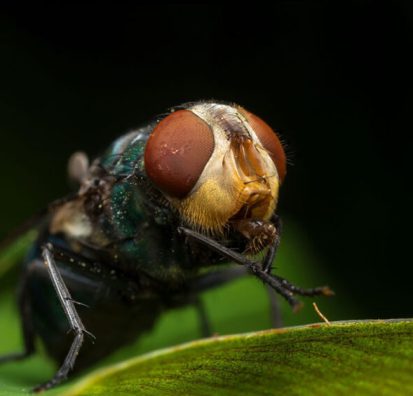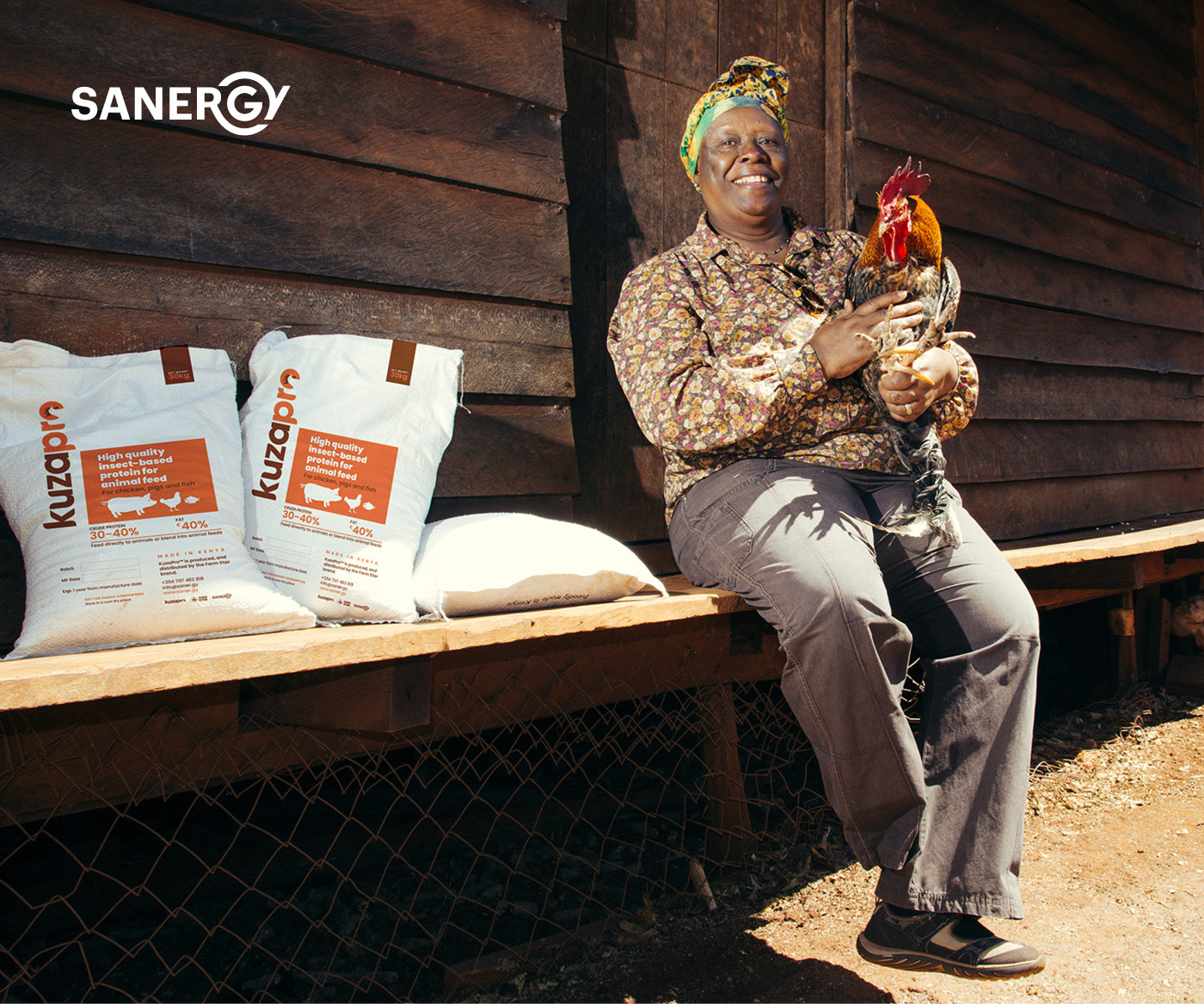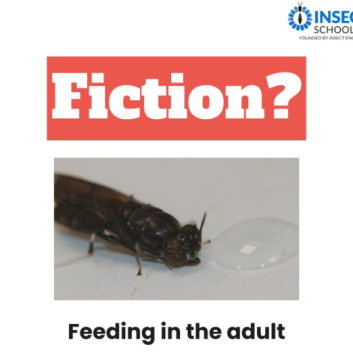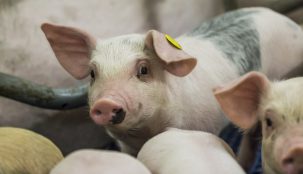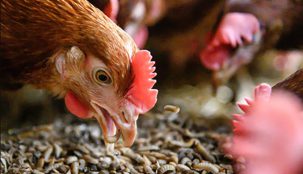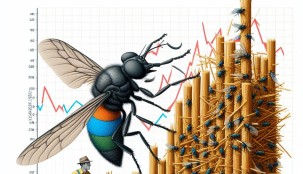Black soldier fly promising enrichment of layers
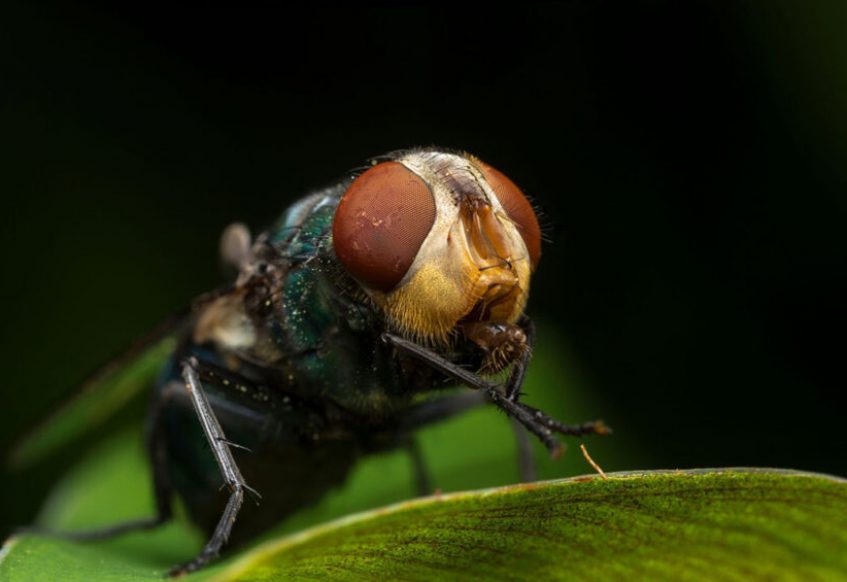
Providing small portions of black soldier fly (BSF) larvae to laying hens secures a positive effect on the quality of food eggs, research conducted by a group of scientists of the Central Scientific and Methodological Veterinary Laboratory of the Russian veterinary body Rosselkhoznadzor showed.
When added to feed, black soldier flies were found to increase the average weight of eggs, and the content of polyunsaturated fatty acids, while decreasing cholesterol levels. The results of the study were published in Sciences of Europe.
BSF larvae are high in moisture, fat, and protein, with an amino acid profile suitable for inclusion in animal feed. Several studies have found it to be a promising feed ingredient for poultry and pigs.
Rosselkhoznadzor ran a study at the Tulskaya poultry farm in the Tula region, Russia, on hens of the Highsex Brown crossbreed. BSF larvae were added to the diet in the form of protein-lipid concentrate. The feed additive had crude protein content at 60-70%, crude fat at 15-25%, crude fiber at 7% to 10.5%, humidity up to 6-7%, and nutritional value at 200 Kcal.
THE EXPERIMENT
The study involved 2 experimental and one control group of laying hens, all 30 weeks old. The birds of the control group got a standard farm ration, while in the first experimental group, the feed additive accounted for 7.5% of the feed, and in the second group for 10%.
Increased average weight
“We found that the protein-lipid concentrate in the diets of laying hens contributed to an increase in the average weight of eggs in the first experimental group by 1.7 g (3.26%), and in the second experimental group – by 2.1 g (4.39%) compared to control,” Evgenia Romanenko, the author of the study said.
Improved protein quality
The scientists also indicated an increase in the mass of the yolk and albumen and an improvement in the protein quality. In addition, a decrease in the acid number of the yolk in the eggs of hens of the experimental groups was registered.
“As the results of the studies show, fluctuations in the level of saturated and monounsaturated fatty acids among the experimental groups did not have significant values, while the increase in polyunsaturated fatty acids in the yolk of the eggs of the experimental groups turned out to be significant,” the publication says.
The researchers also recorded a decrease in cholesterol levels in the eggs of hens of the experimental groups. Also, the authors indicated “a clear trend for improving the lipid composition of eggs.”
Are you interested in more articles about Black Soldier Fly farming?
Visit knowledge base
